Table of contents
Before addressing what foods you should include in your menu on a low carb diet, let's first talk about what is not part of this type of diet.
When choosing a low-carb eating style, it is important to seek the evaluation of a nutrition professional in cases of overweight, insulin resistance, and diabetes and/or metabolic and autoimmune diseases. Based on the advice of an expert, put together your low carb menu.
See_also: Venus in Gemini suggests lightness in loveWhich is not part of a low carb approach:
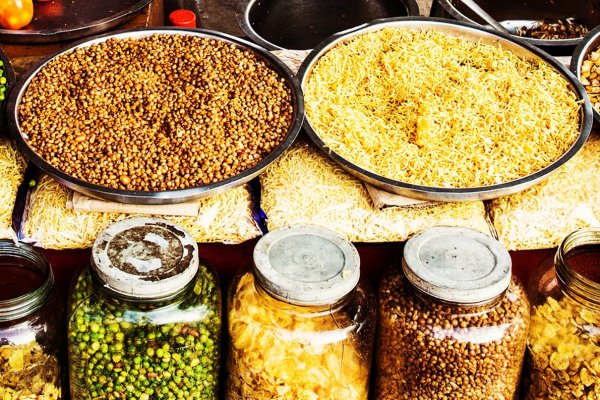
- Grains, cereals and derivatives: wheat, oats, rye, barley, corn, rice, millet, and soybeans.
Why? They are high in carbohydrates and also contain some antinutrients that can impair the absorption of minerals and vitamins and/or increase intestinal permeability.
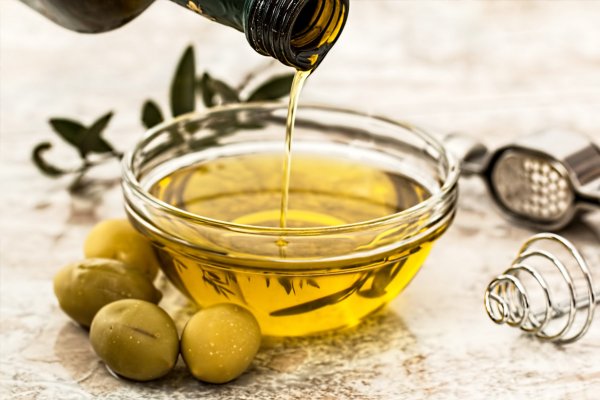
- Vegetable Oils: Soybean, sunflower, canola, and corn oil.
Why? They are highly processed. Refining is very aggressive and predisposes these oils to easy oxidation.
Oxidized, these oils present increase the level of inflammation in our body. In addition, they are rich in Omega 6, a fat that, in excess, can harm.
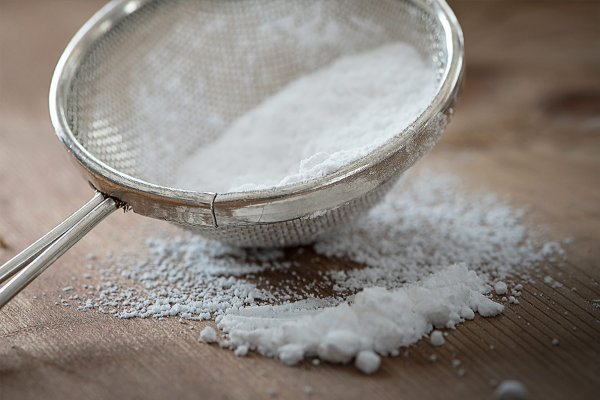
- Sugar of any kind: honey, agave, demerara, brown sugar, molasses, caster sugar, crystal sugar, and coconut sugar - none of them, no matter how natural, should be consumed.
See_also: The meanings of nail polish colorsWhy? Sugar is a carbohydrate, the consumption of which causes an increase in blood glucose levels and, consequently, insulin spikes.
High insulin makes it harder to burn fat, so if the goal is to lose weight or to take care of diseases related to your increased insulin, then consumption of these sugars needs to be avoided in all forms.
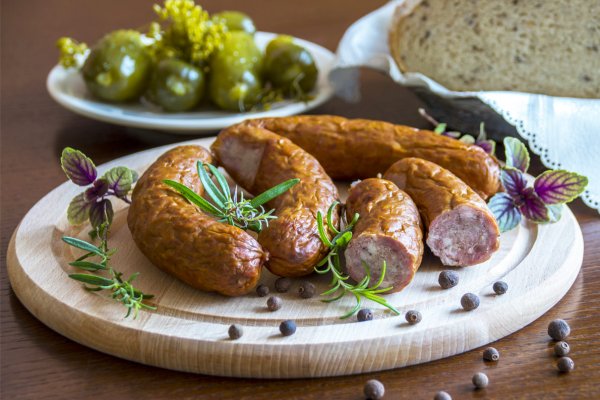
- Ultra-processed foods: all those that undergo major modifications by the industry.
Cookies, snacks, margarine, processed cheeses, carton milk, chocolate milk, ready-made cakes, boxed juices, processed meats, hams, sausages, sausages, sauces, condiments, and ready-made spices (these are just a few examples, but almost everything that comes in packages and boxes, with a long expiration date, should be avoided).
Why? They are mostly produced with grains, soy, vegetable oils, excess salt, and sugar. Products are added to make them last longer on the shelf such as preservatives, coloring, and flavor enhancers that, in excess, are harmful to our body.
The paleo way of eating is what every human being should choose to eat: food.
What is real food?
In short, meats (all types), seafood, eggs, raw milk cheeses, fruits, leafy greens, roots and tubers, vegetables, legumes, nuts, olive oil, butter, and yogurt. In other words, all foods that are closest to their natural state.
If you are dealing with any disease, especially one in which carbohydrate consumption can worsen the condition, such as insulin resistance, type 1 and 2 diabetes, heart and autoimmune diseases, irritable bowel syndrome or polycystic ovarian syndrome, then you should seek professional advice and test the Paleo Low Carb strategy .
Low carb foods
There are no "low carb foods". There is a set of strategies to reduce the consumption of this macronutrient: the carbohydrate.
Carbohydrate is present in almost every food we eat: all vegetables contain carbohydrates, and so do fruits.
To make it easier for you to understand, keep in mind:
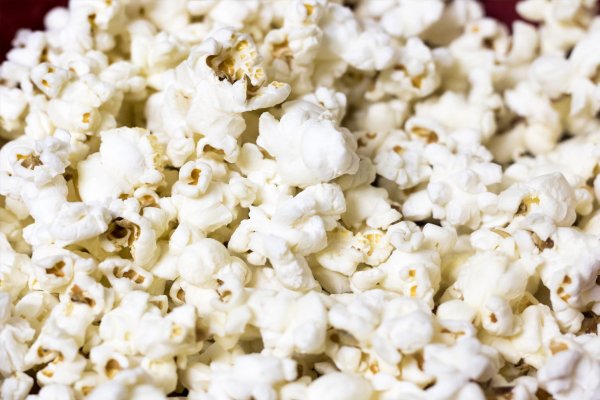
Grains are rich in carbohydrates. Popcorn is a grain, so popcorn is high in carbohydrates, as are oats, kibbeh wheat, salad corn, and cornstarch.
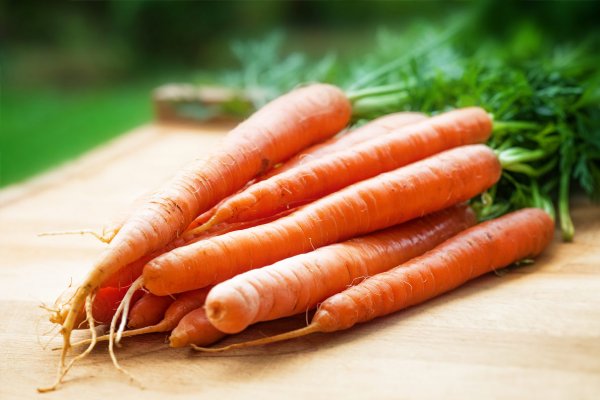
Tubers and roots are rich in carbohydrates. Everything that grows underground is rich in carbohydrates. Tapioca and polvilho come from cassava, so rich in carbohydrates.
Carrots and beets usually cause quite a stir. They grow underground, but contain a smaller amount of carbohydrate.
With the exception of potatoes (sweet or English) cassava, yams, yucca, and parsley potatoes (that little yellow carrot), don't worry too much about the amount of carbohydrates in vegetables. They contain a lot of fiber, which is counted as carbohydrates, but is not absorbed by our body.
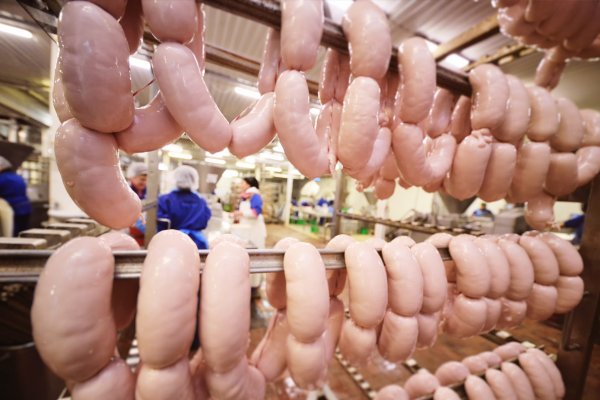
Industrialized meat products and sausages such as sausages, frankfurters, hams, mortadella, bacon, kibbeh, hamburger, and meatballs, which are processed, need to be avoided Due to the amount of additives and also of sugar in its final composition.
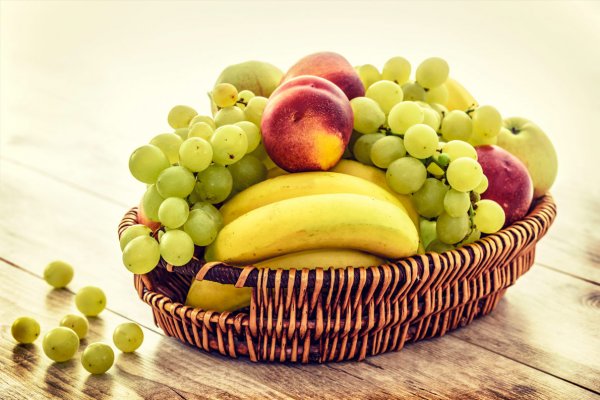
Fruits are rich in carbohydrates and also in fiber If you need to lose weight or control the sugar in your diet, make choices among the less sweet fruits.
The most important thing, therefore, is for you to learn more about the foods, to make your low carb based choices easier.
It may seem confusing and difficult at first, but with time it becomes automatic and you will choose what and how to eat more easily.
* text in partnership with Taiana Mattos, nutritionist CRN 8369
Contact: [email protected]
Low Carb Study Group:
Mônica Souza is a gastronome, Health and Diet Coach and periodically opens registration for the Study Club on Real Food, Paleo/Primal/LowCarb. The study group lasts three months, with biweekly online meetings. Learn more here.
